Weeds shoot up fast, choke other plants, and strip the soil of nutrients and water – a major pain for both gardeners and farmers. So, how do you get rid of weeds?

Weeds shoot up fast, choke other plants, and strip the soil of nutrients and water – a major pain for both gardeners and farmers. So, how do you get rid of weeds?
There are various ways to tackle weeds, from manual techniques like weeding, to chemical herbicides, to professional machines for large-scale weed removal. Each method has its pros and cons. Choosing the best approach depends on factors like the size and type of the affected area, the extent of the problem, and environmental impact. In this article, we introduce effective methods for sustainable weed control.
Pulling weeds: get to the root of the problem
A green way to deal with weeds in smaller areas like flower beds is by weeding. Follow our tips to get rid of weeds for good:
- Begin early: The earlier in the year you tackle the weeds, the less work you’ll have. At this point, the weeds are small and have fewer roots. Plus, you’ll stop them from seeding and spreading.
- Weed when the soil is damp: Weeding in damp soil makes the job easier, as the earth is softer and you can pull out the roots more easily and completely.
- Remove the entire root: Make sure to pull out the whole root, otherwise, the weed will grow back quickly.
- Use the right tools: Garden essentials like a hand fork, various hoes, root pullers, and joint knives help remove weeds thoroughly. Long-handled tools reduce back pain from bending over. A garden seat or kneeler also helps ease back strain when weeding.
- Weed regularly: Regular weeding prevents weeds from spreading and becoming a bigger problem. Aim to weed once a week as a rule of thumb.
- Dispose of weeds properly: Collect the weeds and throw them in the bin. For large amounts, use suitable disposal sites. In some areas, burning weeds is allowed. Only compost weeds if they’ve completely decomposed and haven’t seeded.
-
Garden Compost Bin – 1,120 L 169.00 €
-
Garden Compost Bin – 860 L 139.00 €
-
Garden Compost Bin – 600 L 129.00 €
-
Garden Compost Bin – 1,000 L 129.00 €
Weed control: home remedies that really work
Want to avoid back pain or don’t have time for weeding? There are various home remedies for weeds that are back-friendly, eco-friendly, and cheap. Especially for weeds on pavements, paved terraces, and areas without other plants, these methods are highly effective:
- Vinegar: Vinegar dries out plants. Simply mix vinegar with water in a 1:1 ratio and spray the solution on the weeds. Be mindful of local regulations, as vinegar use for weed control is banned in some areas.
- Salt: Sprinkle a bit of salt on the weeds to kill them. Be cautious, as salt can damage the soil. Check local laws, as using salt for weed control is prohibited in some places.
- Boiling water: Pour boiling water over the weeds to kill them.
- Baking soda: Mix baking soda with water to form a paste and apply it to the weeds.
- Citric acid: You can find citric acid cheaply in many supermarkets or drugstores. Dissolve it in water and spray the solution on the weeds. Note that citric acid can negatively affect soil pH and is banned as a herbicide in some areas.
- Mulching: Cover the soil around your plants with a layer of mulch to effectively suppress weed growth.
Keep in mind that these remedies are non-selective and may also harm other plants. Use these weed control methods carefully and selectively.
Quick but controversial: chemical weed killers
There are various types of ready-to-use weed killers. Some are designed to tackle weeds in lawns, others are suitable for paths or flower beds. There are also products approved for use on farms.
Ready-to-use weed killers have the advantage of being easy to use and generally providing permanent weed removal. However, it’s important to use them carefully and follow the instructions on the packaging, as chemical herbicides can also affect other plants and pose an environmental risks. The use of ready-to-use weed killers is associated with the following issues:
- Environmental impact: Many ready-to-use weed killers contain chemicals that affect not only weeds but also other plants and animals. There’s also a risk that chemical herbicides will seep into groundwater and soil, harming the environment.
- Health risks: Some chemical weed killers pose health risks to humans and pets, especially if used improperly. Always follow the label instructions closely and wear appropriate protective gear.
- Cost: Ready-to-use weed killers are significantly more expensive than home remedies or manual weeding. Frequent use on large areas can lead to high costs.
- Soil quality: Some weed killers can degrade soil quality, affecting the growth of other plants. Overuse can also result in unwanted chemical build-up in the soil.
- Biodiversity: Certain chemical herbicides may prevent the re-establishment of certain plants and animals, reducing biodiversity. This is especially concerning in areas with rare or endangered species.
Efficiently tackle weeds with machines
Remove weeds quickly and environmentally friendly with special machines. It’s important to consider specific needs and conditions to choose the most suitable method.
1. Pressure washers for weed removal
Want to permanently remove weeds from paths? Use a pressure washer to blast weeds away with jets of highly pressurised water. This method is especially useful for cleaning patios, pathways, and driveways, offering several benefits:
- A pressure washer is highly effective for removing weeds from surfaces like pathways, patios, and driveways.
- The high water pressure removes weeds along with their roots, reducing the chances of regrowth.
- Compared to chemical weed killers, a pressure washer is a more environmentally friendly option, as it avoids harmful chemicals.
Be aware that improper use of a pressure washer can harm plants, soil, and various surfaces. Use the pressure washer cautiously for weed removal, making sure the water only hits the areas you intend to treat. For advice on choosing the right model, see our article: Which Pressure Washer Should You Buy?.
2. Weed control with a sweeper
Special sweepers for weed control feature weed brushes that easily remove weeds from gaps or crevices. The benefits include simple operation and efficient, fast weed removal. Sweepers also provide an environmentally friendly solution by eliminating weeds without the use of chemical herbicides.
However, there are a few drawbacks to using a sweeper for weed control. Persistent weeds may need several passes to be fully removed. Additionally, because of their relatively high cost, sweepers are generally more suitable for large property owners rather than small garden or home owners.
3. Use a burner to torch weeds
You can also destroy weeds with fire: A weed burner uses gas to produce a flame that burns the weeds. There are several advantages to torching weeds with a weed burner:
- Effective weed control: Burning the weeds quickly and effectively destroys all plant cells, killing the weeds.
- Environmentally friendly: Torching weeds is an eco-friendly method as it requires no chemicals or pesticides.
- Cost-effective: Compared to other methods like using herbicides or buying a sweeper, torching weeds is cheaper.
- Time-saving: Torching weeds is a fast method for treating larger areas.
However, there are some things to keep in mind when using a weed burner. Do not use such devices near flammable materials like wood, dry grass, or leaves. Be mindful of electrical cables or gas lines when using the burner. Another risk comes from toxic gases that can be produced during burning. Always wear appropriate safety gear.
FAQ
How do weeds spread?
Weeds spread in various ways, such as through the wind, birds, or other animals. Weed seeds can also be found in garden soil or mulch.
Why are weeds a problem?
Weeds affect the aesthetic appeal of gardens. They also deplete the soil of valuable nutrients and water, hindering the growth of other plants. Some weeds are toxic or allergenic and pose a health risk.
How often should you weed?
The frequency of weeding depends on various factors, including the type and amount of weeds, the soil, and the climate. It’s advisable to remove weeds regularly to prevent their spread. A common rule of thumb is to weed once a week.
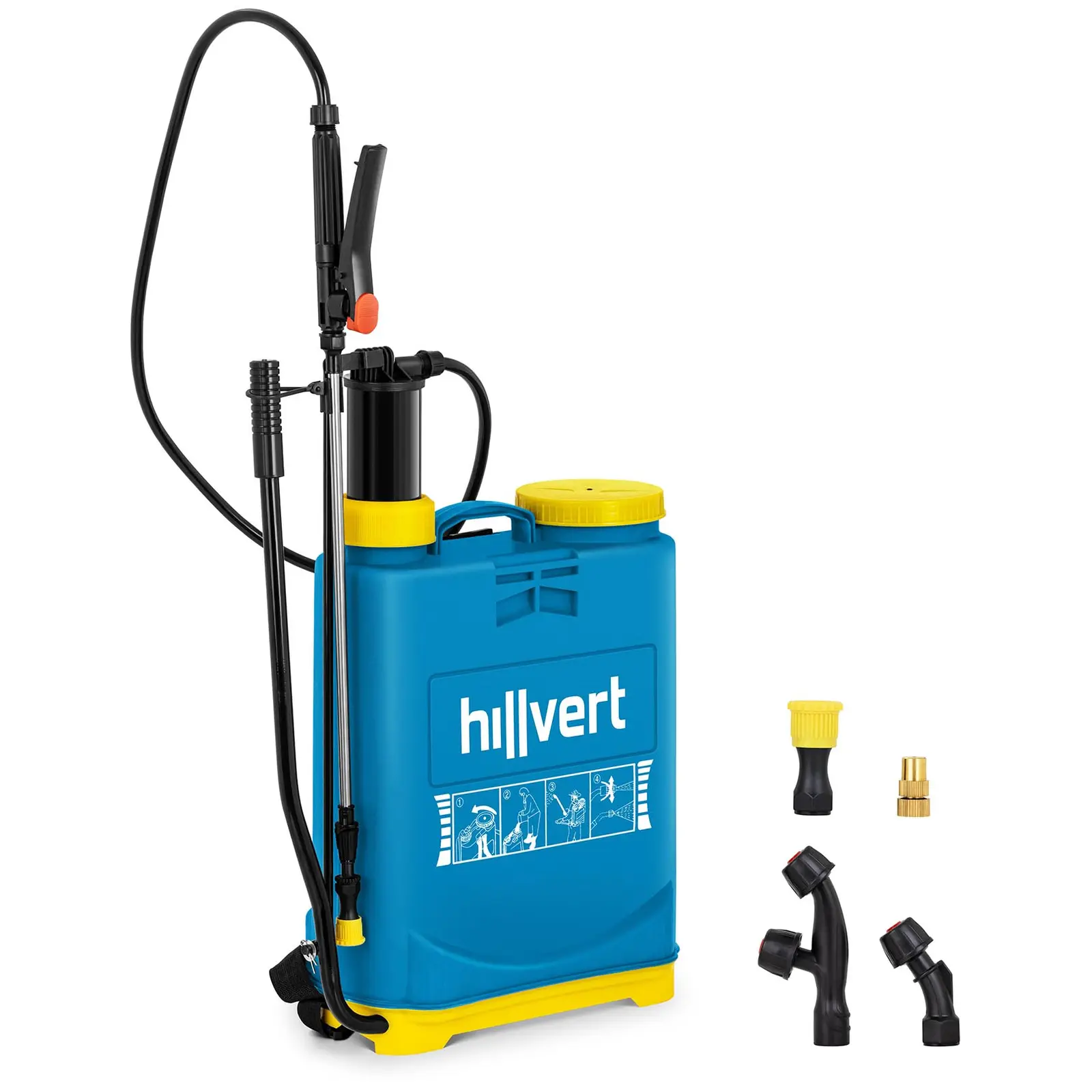
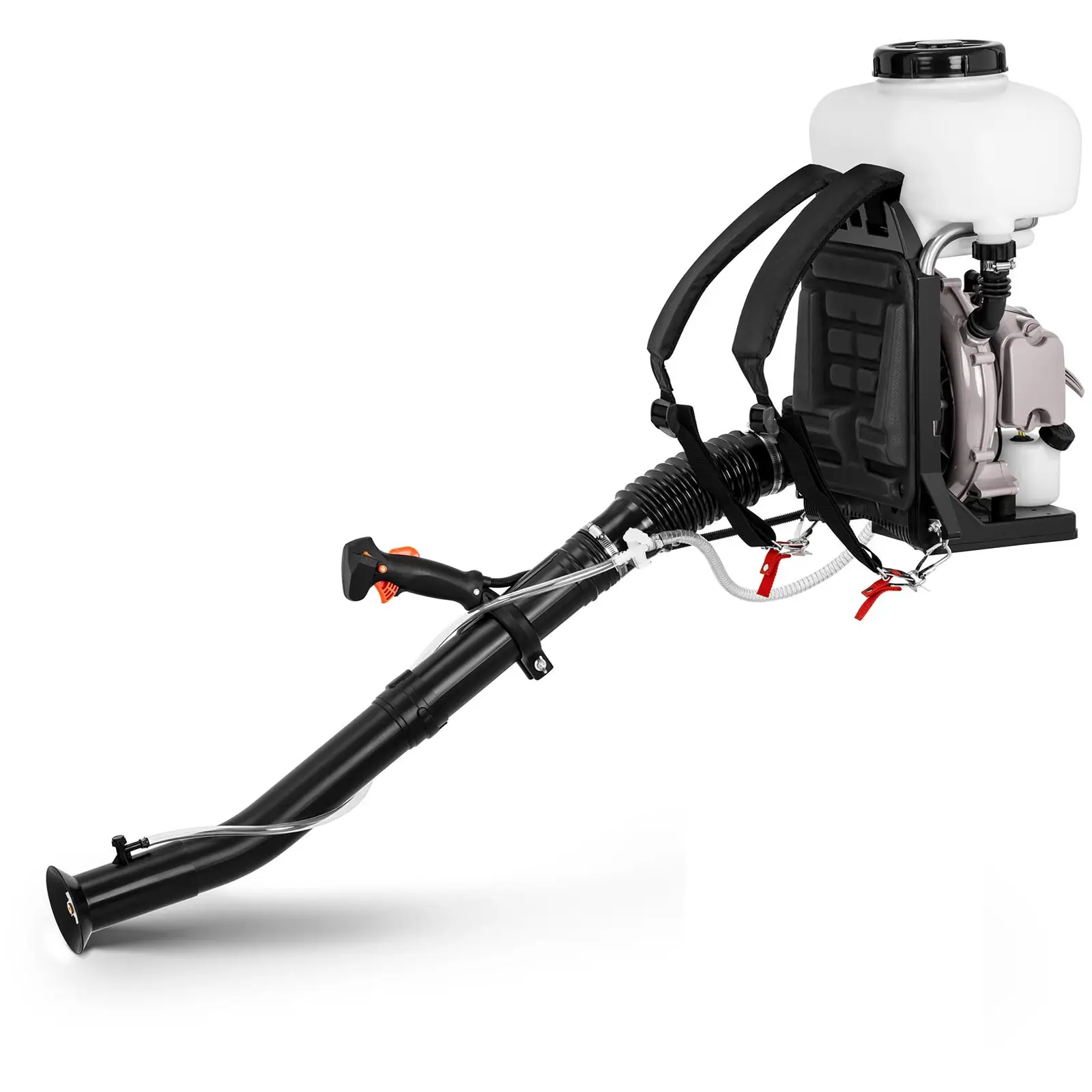
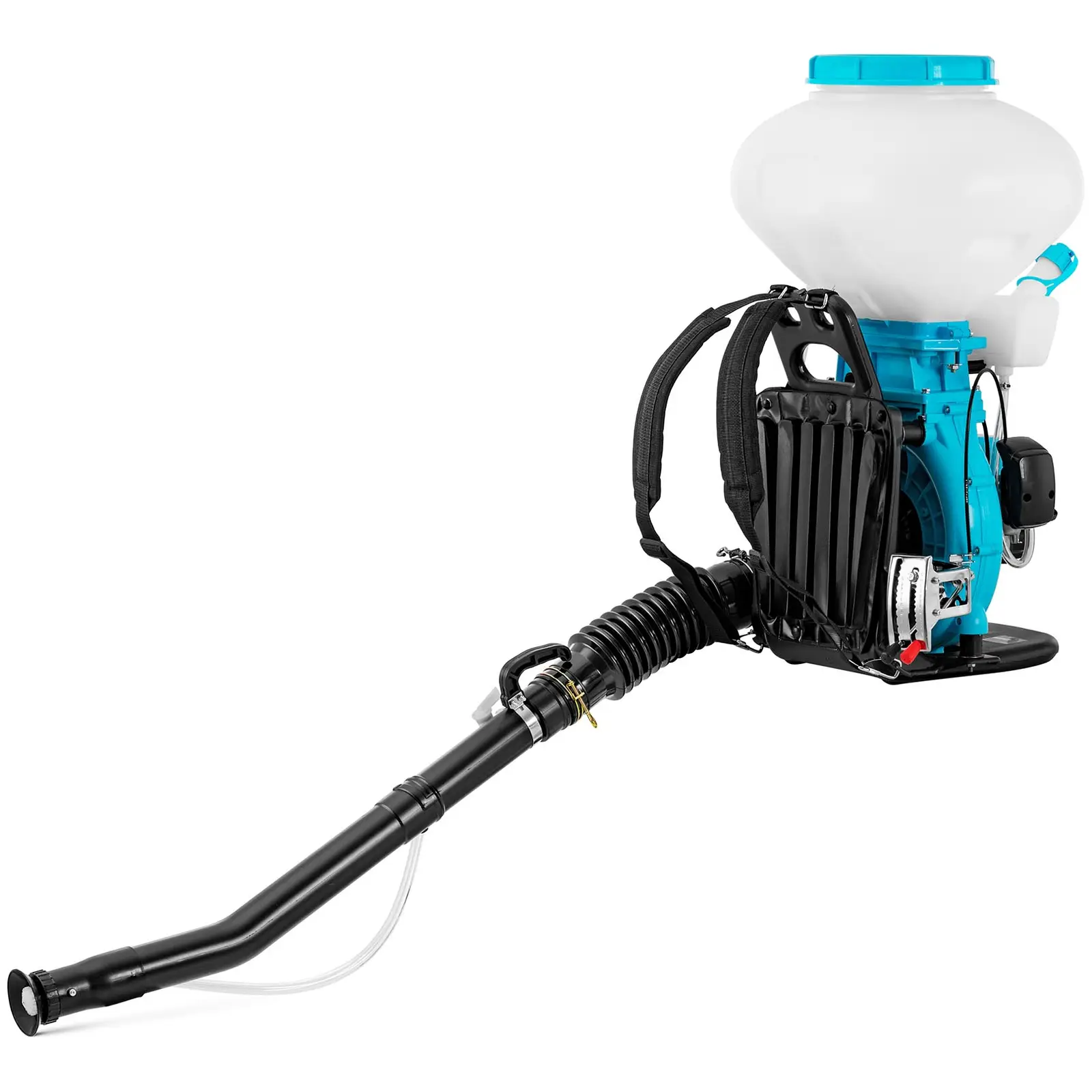
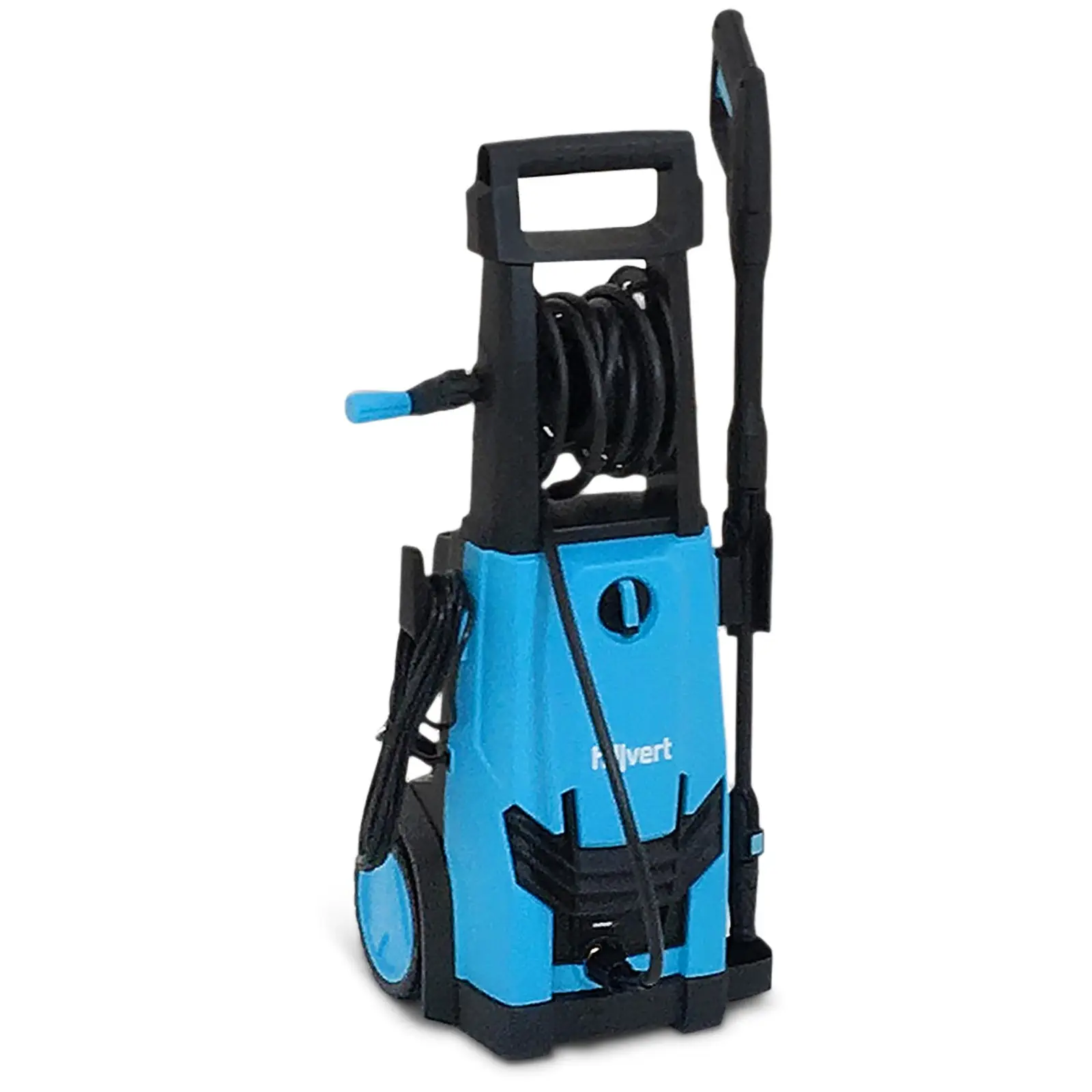
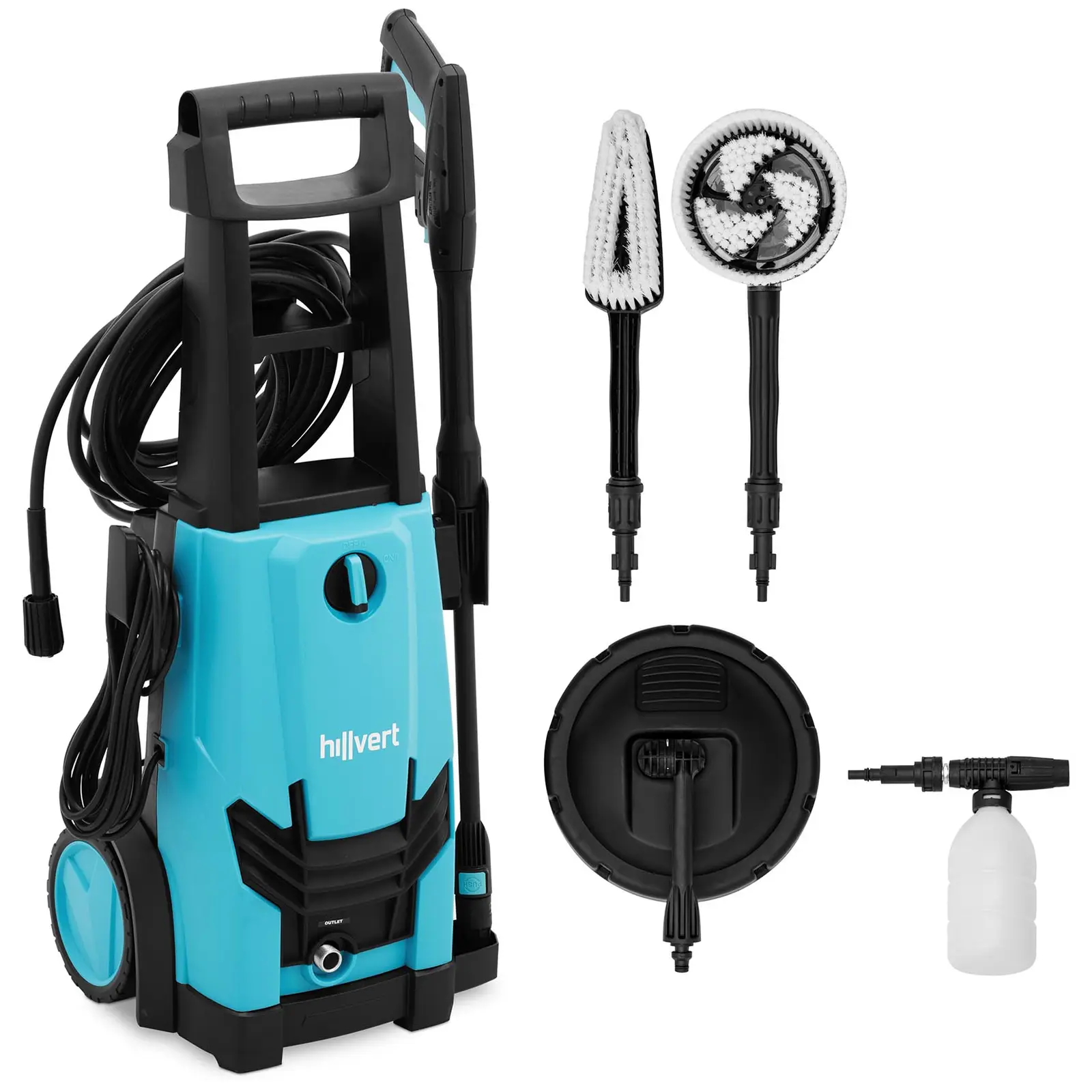
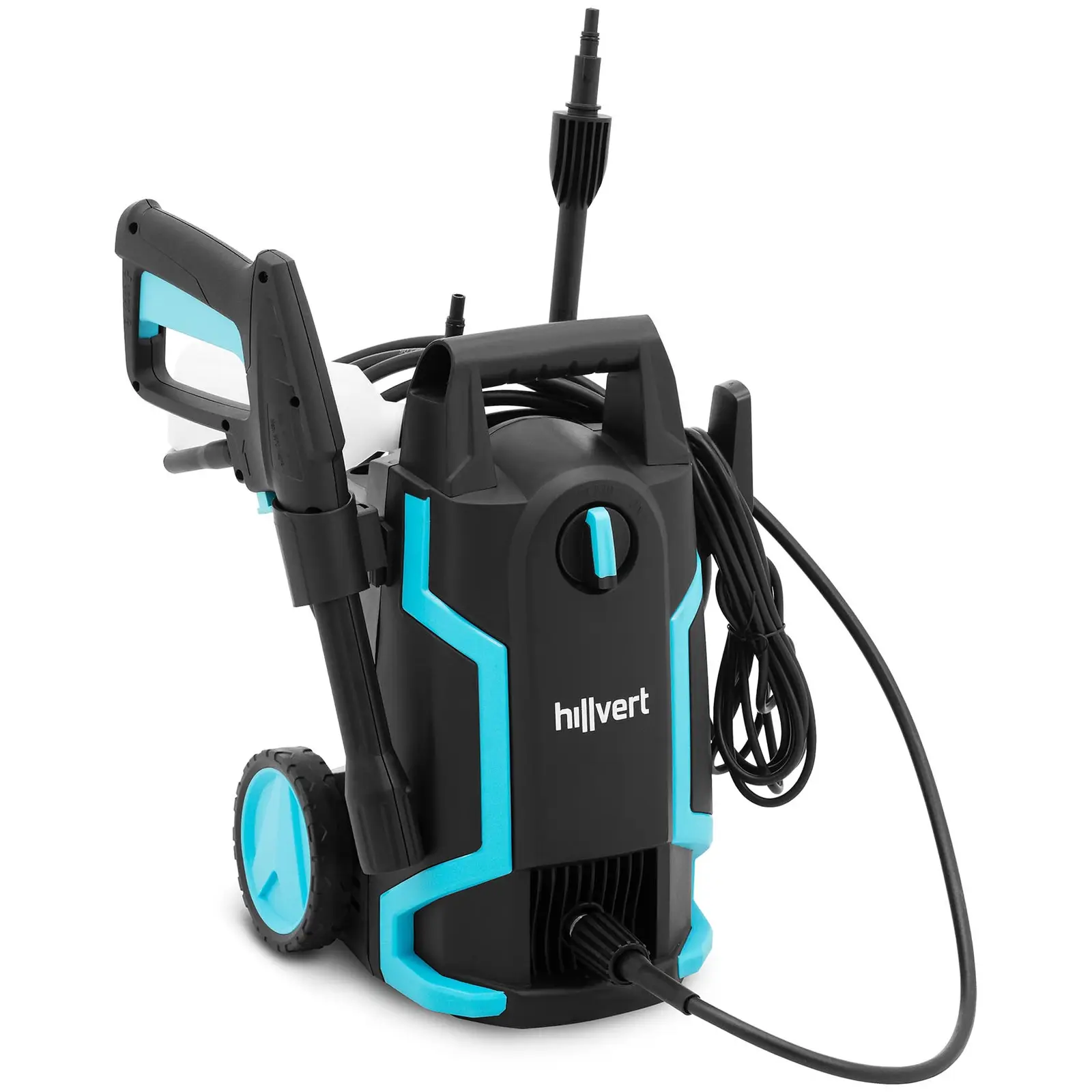
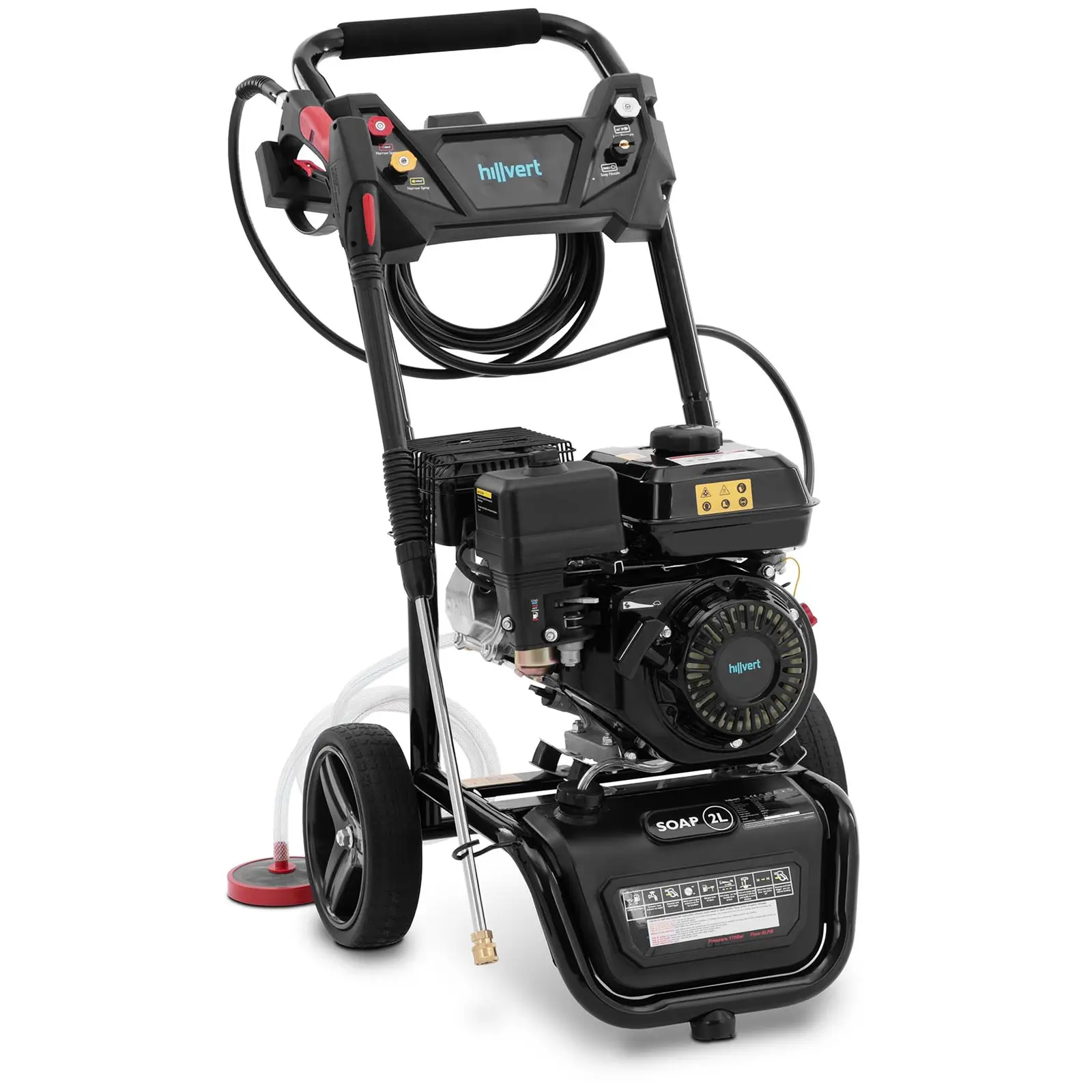
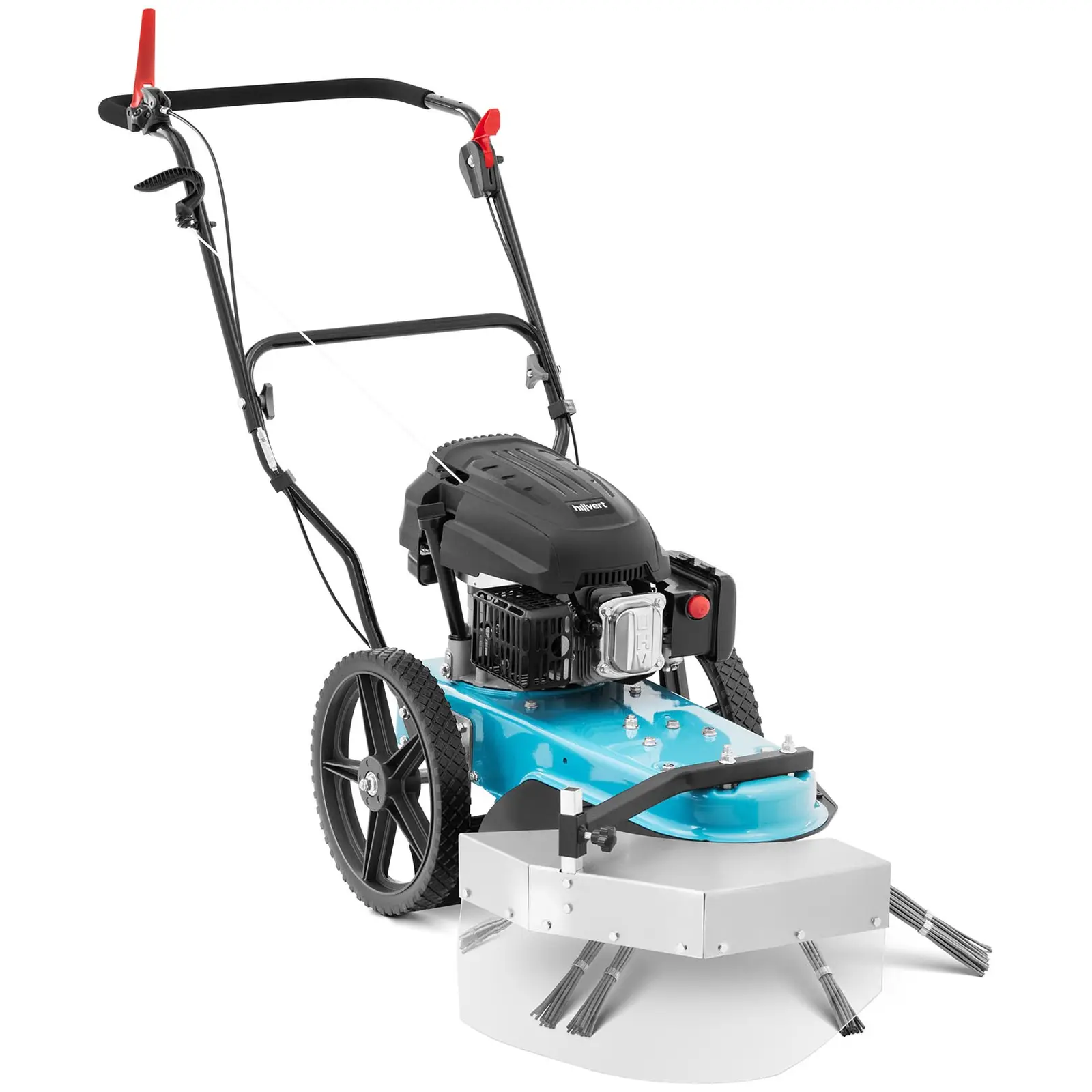
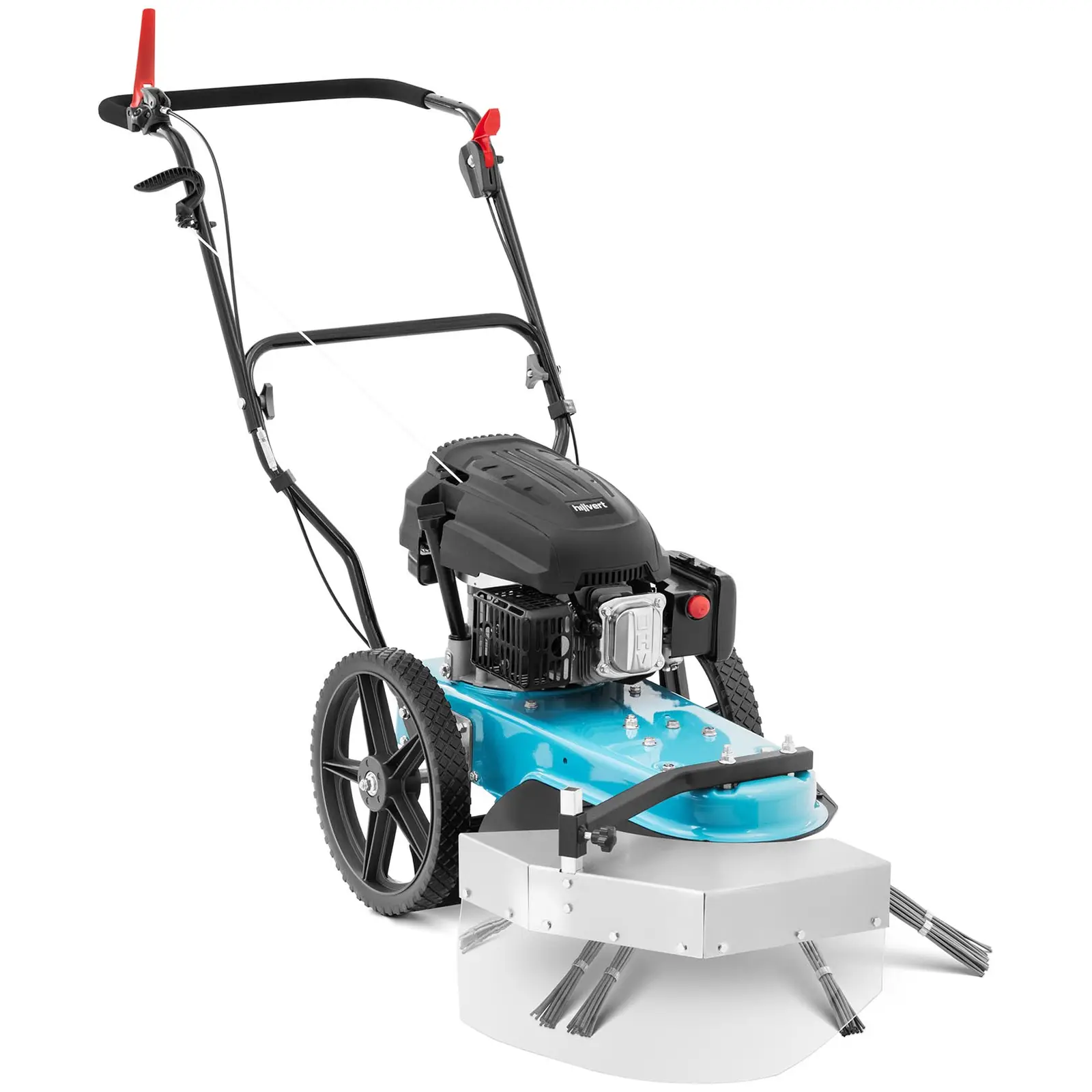
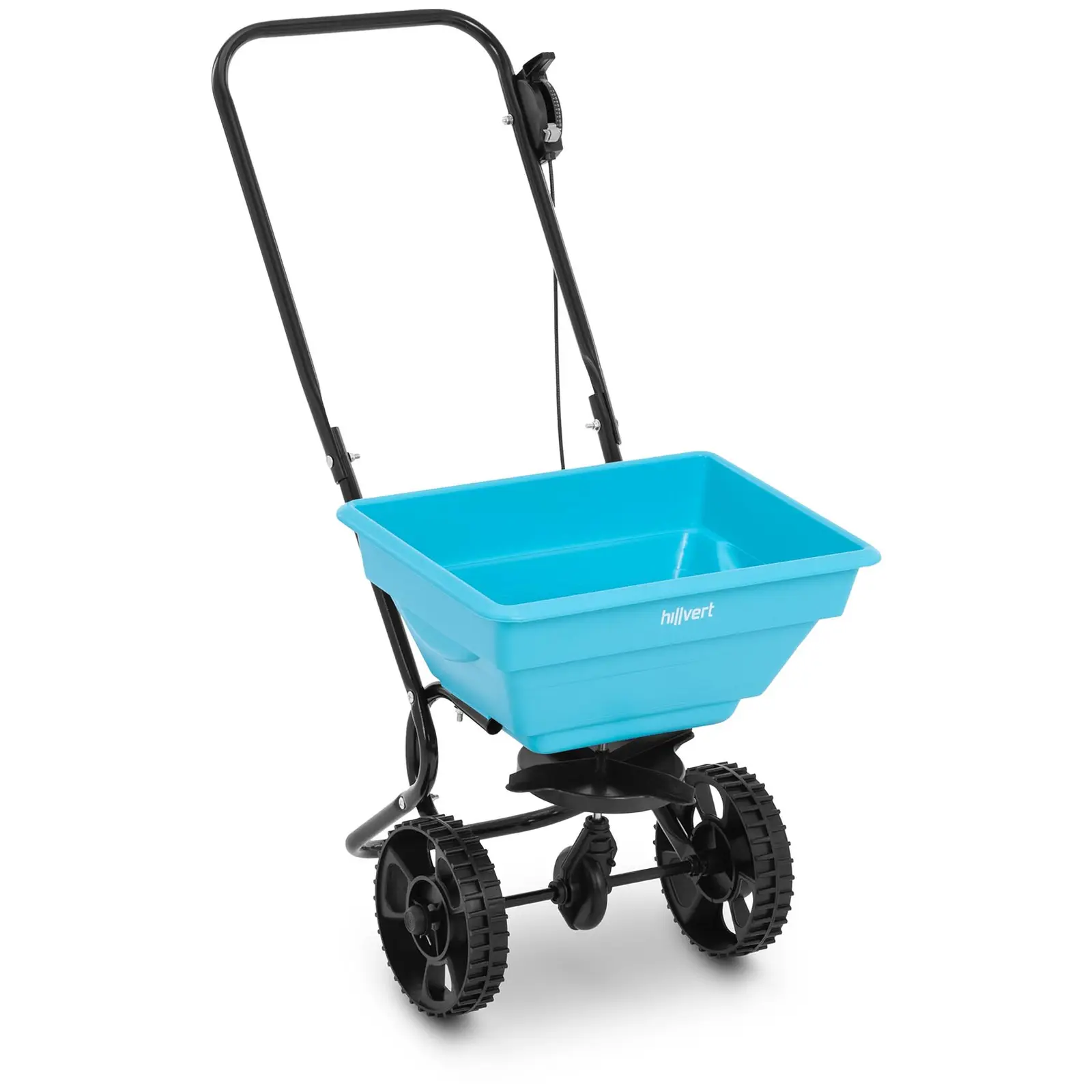
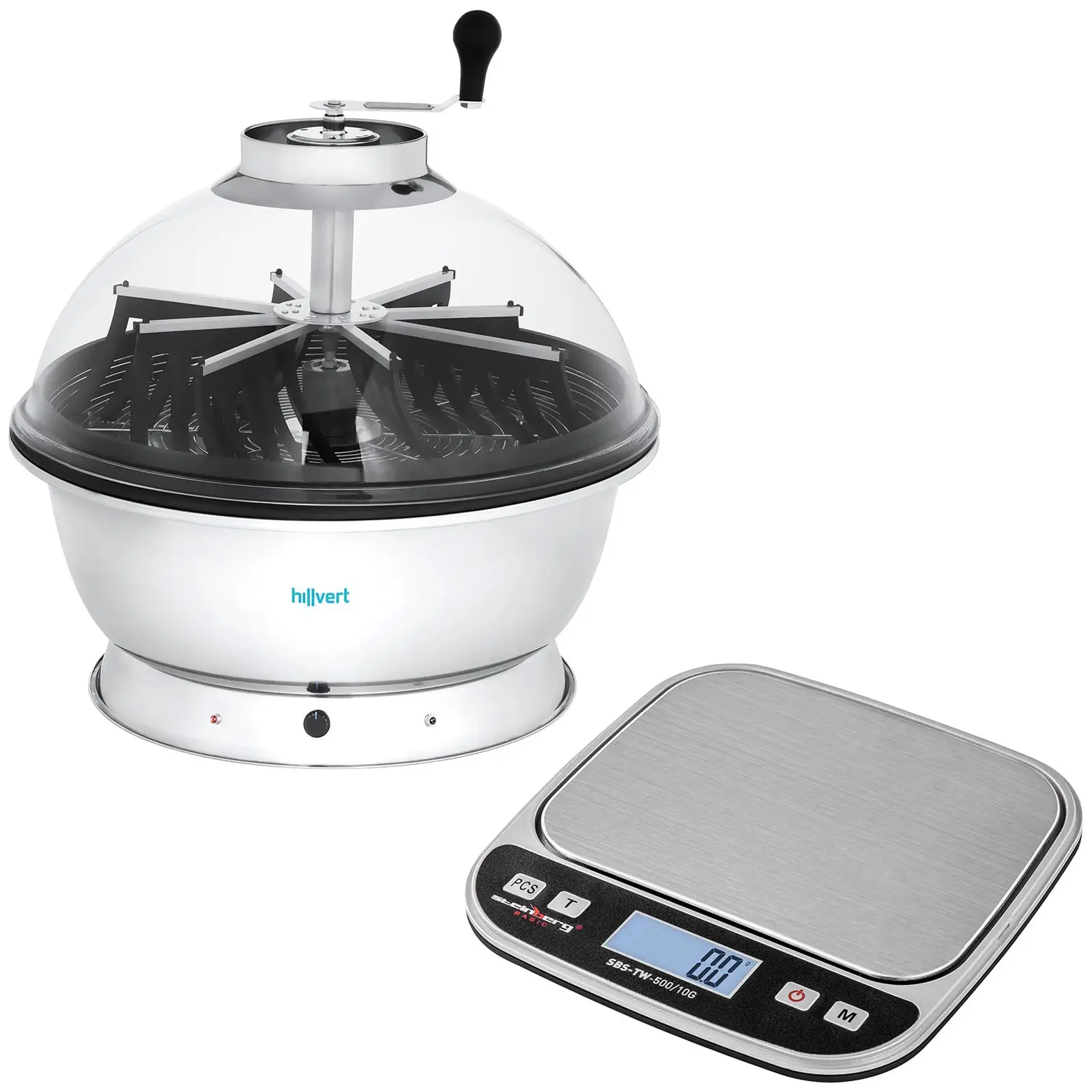



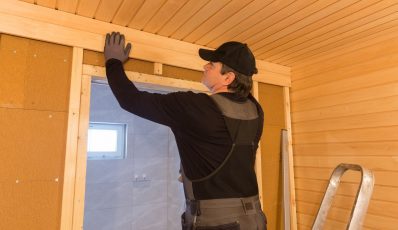


Share